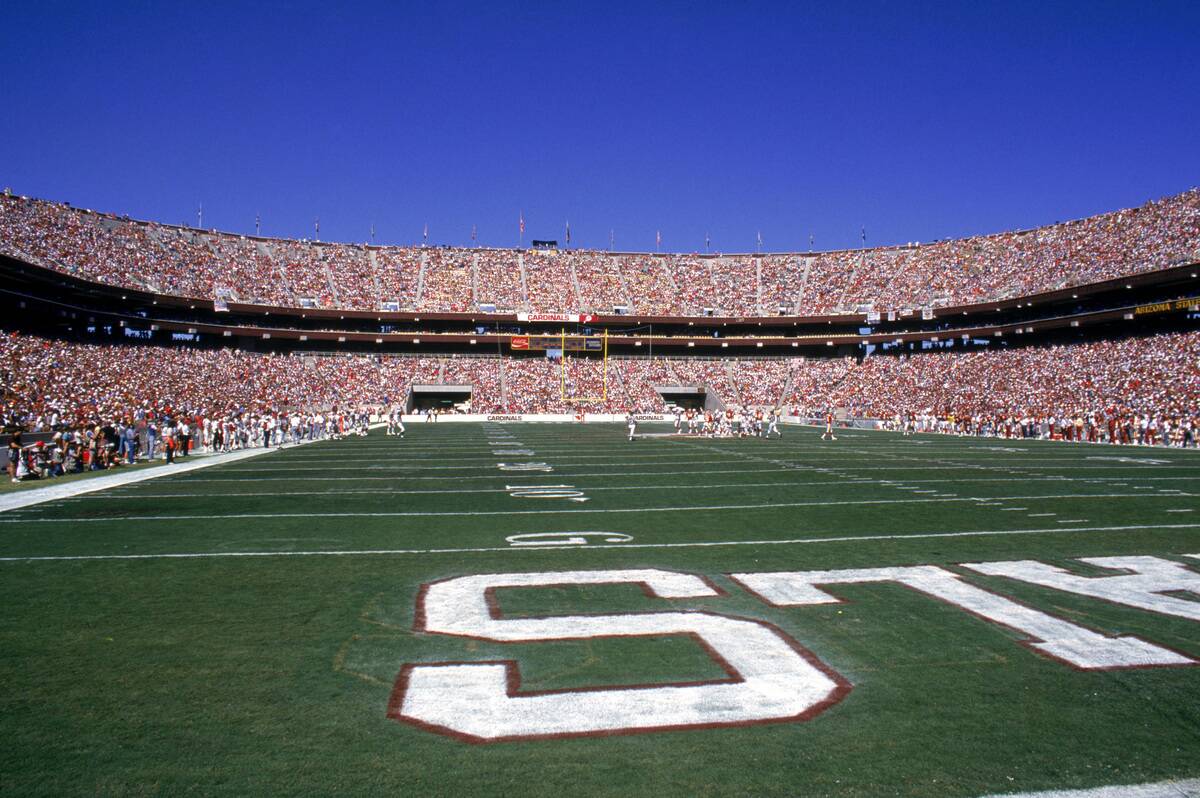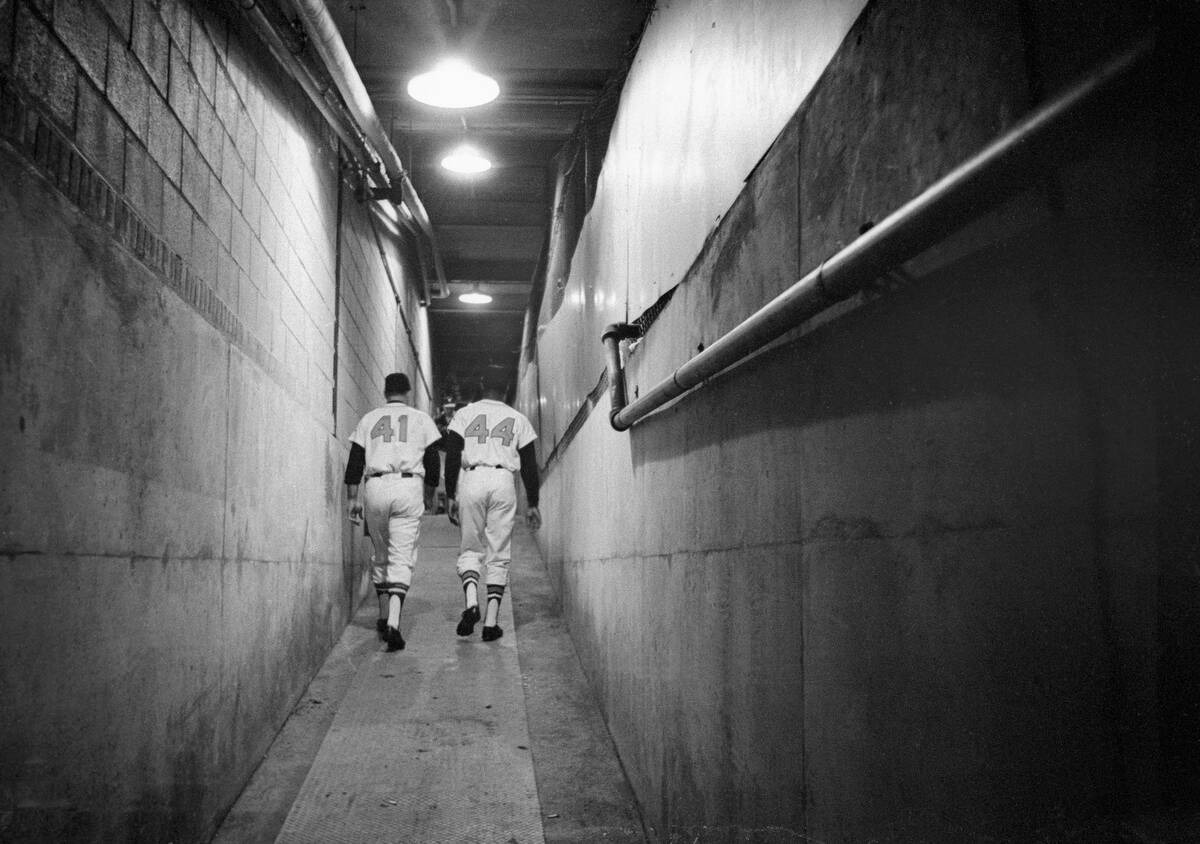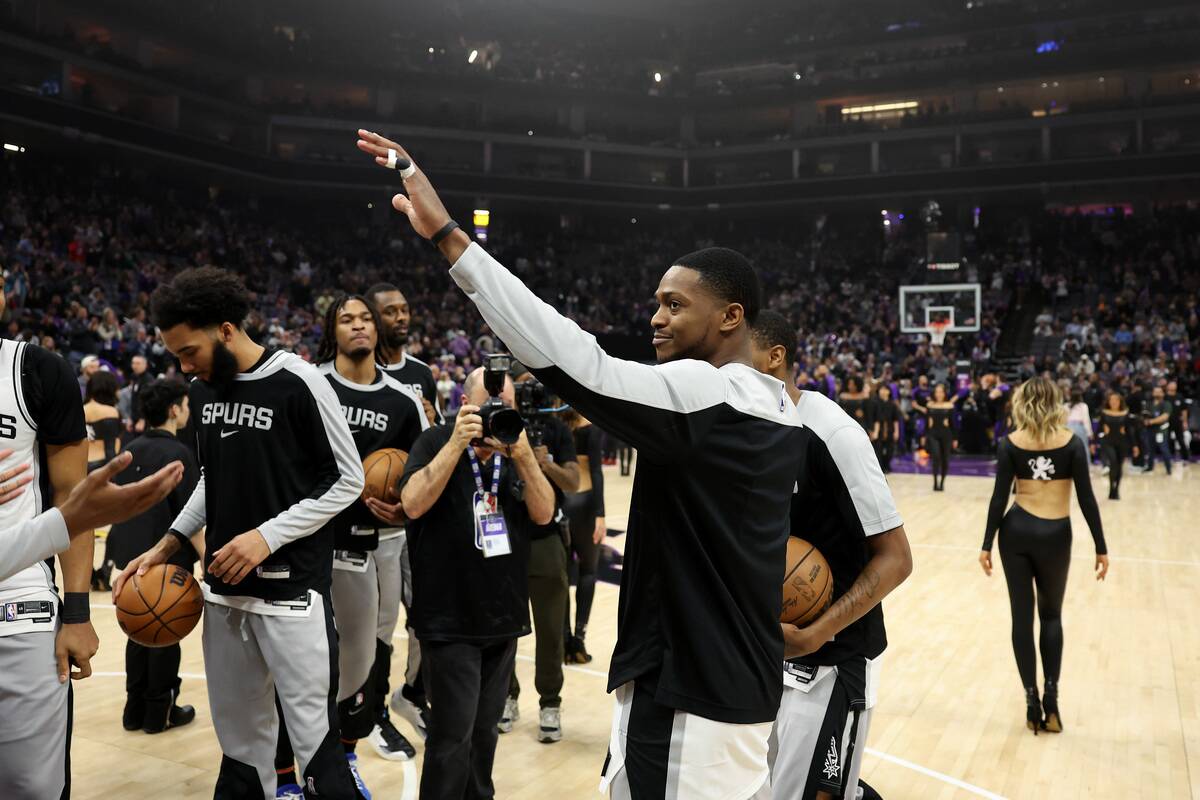Why do some cities thrive as sports towns while others fail?
Cities are like ecosystems, and professional sports teams are the exotic species that sometimes thrive and sometimes perish. It’s not just about having a passionate fan base; it’s a complex puzzle involving economic conditions, cultural fit, and even weather. Some cities bask in the glory of multiple championships, while others struggle to keep a single team afloat. Let’s dive into the curious case of why some cities succeed with pro sports while others don’t.
Historical Context: The Rise and Fall of Sports Franchises

Sports franchises have a rich history, with some dating back over a century. For instance, the Chicago Cubs and Boston Red Sox are baseball teams with storied pasts. However, not all teams enjoy such longevity. The St. Louis Browns, once a Major League Baseball team, relocated to become the Baltimore Orioles in 1954. Understanding these historical shifts helps us grasp why some cities lose teams while others become legendary sports hubs.
The Economy Factor: When Money Talks

Economic health plays a critical role in a city’s ability to sustain professional sports teams. Cities like New York and Los Angeles, with robust economies, can support multiple franchises. In contrast, smaller cities may struggle during economic downturns. For example, the Seattle SuperSonics moved to Oklahoma City in 2008, driven partly by financial challenges. Money, it seems, is often the ultimate referee in the game of sports survival.
Fan Base Dilemmas: A Love That Was Never There

A loyal fan base can mean the difference between success and failure for a sports franchise. Take the Green Bay Packers, whose fans are so passionate that there’s a decades-long waiting list for season tickets. Meanwhile, teams in cities with transient populations, like Miami, sometimes struggle to fill seats. The lack of a devoted following can spell doom for teams, no matter how talented the roster.
The Weather Factor: Too Hot, Too Cold, or Just Right?

Weather can also influence the success of sports teams. Warm climates, like those in Florida, offer year-round opportunities for fans to watch games live. However, extreme heat can deter attendance, as seen with the Arizona Cardinals playing in scorching summer temperatures. On the flip side, cold-weather cities like Green Bay embrace the chill, with fans proudly braving the elements to support their teams.
Infrastructure Challenges: Stadiums and Accessibility Woes

Stadium location and accessibility are pivotal in determining a team’s success. Cities like Arlington, Texas, invested heavily in modern stadiums, making them fan-friendly destinations. However, teams like the Oakland Raiders faced challenges with outdated facilities, ultimately leading to their move to Las Vegas. A well-placed, modern stadium can enhance the game-day experience and boost a team’s fortunes.
The Competition Conundrum: Too Many Teams, Not Enough Fans

In some markets, the sheer number of professional sports teams creates competition for fan loyalty and attendance. New York City, with its multitude of teams across various sports, often sees fans divided in their allegiances. Conversely, smaller cities may not have enough fans to support multiple franchises, leading to potential relocations. Balancing the number of teams with available fan support is a delicate dance.
The Curse of Relocation: When Teams Pack Up and Leave

Relocation is a dreaded word for sports fans, leaving emotional scars on cities that lose their beloved teams. The Cleveland Browns’ move to Baltimore in 1996 left fans heartbroken, although they eventually got a new team. Moves are often driven by promises of better facilities or financial incentives elsewhere. While it’s a bitter pill to swallow, relocation is sometimes seen as a necessary evil for survival.
Small Market Struggles: When Size Does Matter

Small market teams often face uphill battles in attracting top talent and generating revenue. Teams like the Sacramento Kings or the Milwaukee Brewers work with tighter budgets, making it challenging to compete with larger market teams. Despite these hurdles, some small-market teams, like the Oklahoma City Thunder, have found success through strategic management and a strong community connection.
Media Market Dynamics: The Big Broadcast Bust

Media exposure can significantly impact a team’s financial success. Larger media markets like Los Angeles offer lucrative broadcasting deals, while smaller markets struggle to gain national attention. Teams in cities with limited media presence may find it challenging to secure sponsorships and advertising, affecting their bottom line. The disparity in media attention can widen the gap between large and small market teams.
Sponsorship Shortfalls: The Missing Corporate Backing

Sponsorships are vital for the financial health of sports teams. Cities with a strong corporate presence, like San Francisco, can attract substantial sponsorship deals, boosting team revenues. Conversely, teams in areas with fewer corporate headquarters, such as Buffalo, might struggle to find lucrative partnerships. The lack of corporate support can limit a team’s ability to invest in talent and facilities.
The Cultural Disconnect: When Local Tastes Differ

Cultural alignment can be crucial for a team’s acceptance in a city. Hockey teams have historically struggled in southern U.S. cities, where the sport isn’t as ingrained in local culture. The Nashville Predators, however, bucked this trend by embracing local traditions and building a unique fan experience. Understanding and integrating into the local culture can make or break a team’s success in a new market.
Mismanagement Mayhem: When Leadership Fails

Leadership and management decisions can drastically affect a team’s fate. Poor management plagued the Vancouver Grizzlies, contributing to their eventual move to Memphis. On the other hand, successful franchises like the New England Patriots credit much of their success to stable and visionary leadership. Mismanagement can lead to financial woes and a lackluster on-field product, making it difficult for teams to survive.
Success Breeds Success: Or Not?

Winning isn’t everything, but it certainly helps. Teams with a strong track record of success often see increased fan support and revenue. The New York Yankees are a prime example, with their storied history contributing to their enduring popularity. However, even successful teams can falter if they rest on their laurels, as complacency can lead to declining performance and fan interest.
Case Studies: Cities That Beat the Odds

Some cities have defied expectations by maintaining successful sports franchises against the odds. The Green Bay Packers, in one of the NFL’s smallest markets, have thrived thanks to community ownership and passionate support. Meanwhile, the San Antonio Spurs have consistently been competitive despite being in a smaller market. These examples show that with the right combination of factors, even unlikely cities can achieve sports success.
Lessons Learned: What Can Other Cities Learn?

So, what can other cities learn from these stories of triumph and tribulation? A multifaceted approach that includes strong management, community engagement, and strategic financial planning is essential. Cities must recognize the importance of cultural fit and local support while investing in infrastructure and fan experience. By learning from past successes and failures, cities can better position themselves to host thriving professional sports franchises.




